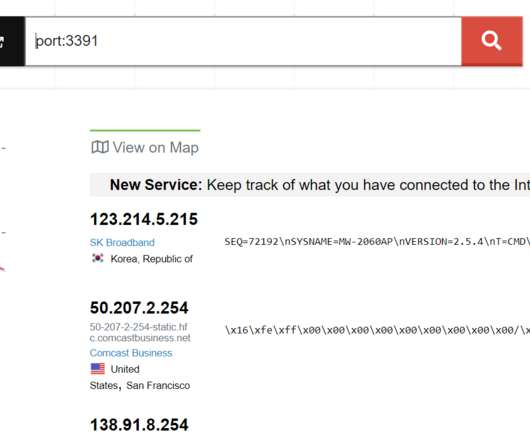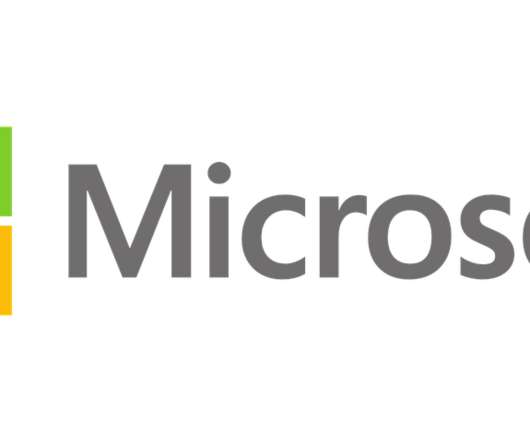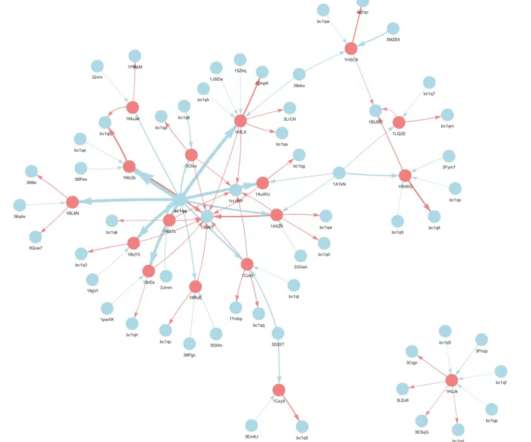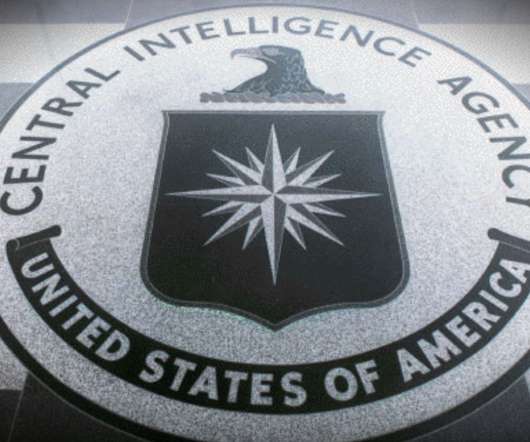Chinese hackers exploited a Trend Micro antivirus zero-day used in Mitsubishi Electric hack
Security Affairs
JANUARY 25, 2020
Chinese hackers have exploited a zero-day vulnerability the Trend Micro OfficeScan antivirus in the recently disclosed hack of Mitsubishi Electric. This week, Mitsubishi Electric disclosed a security breach that might have exposed personal and confidential corporate data. Pierluigi Paganini.















Let's personalize your content